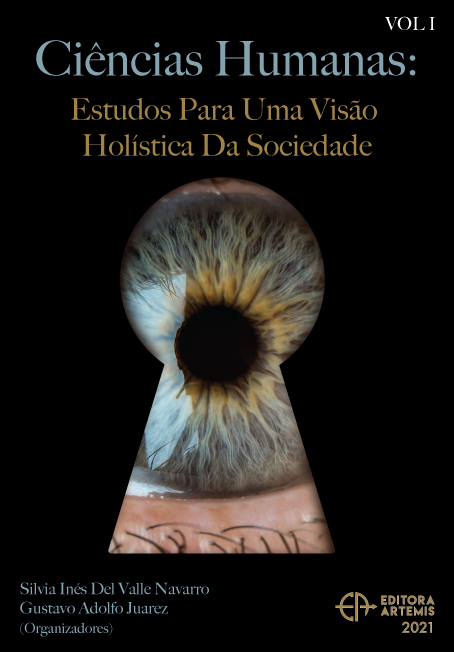
INTELIGENCIA EMOCIONAL RASGO Y PERSONALIDAD
Algunas investigaciones sostienen que la inteligencia emocional rasgo (IER) puede considerarse un rasgo de orden inferior de la personalidad, mientras que otros estudios apuntan que la IER sería un indicador del Factor General de Personalidad (FGP). Con la intención de aportar nuevas evidencias a este debate, realizamos el presente estudio con una muestra de 286 adultos entre los 19 y los 56 años. Se estudió la relación entre la personalidad, medida con el Inventario de Personalidad NEO-FFI (Cordero, Pamos, y Seisdedos, 2008) y la IER medida con el Cuestionario de Desarrollo emocional (CDE-A35) de Pérez-Escoda, Alegre y López-Cassà (en prensa). Nuestros resultados confirman los hallazgos previos sobre la validez convergente del modelo de los cinco grandes (B5) en relación con la IER. La Inteligencia emocional rasgo constituiría otra forma de evaluar la misma construcción de personalidad que mide el modelo B5. También permite confirmar el hallazgo de Pérez-González y Sánchez-Ruiz (2014) acerca de la relación entre la IER y el modelo de dos factores (B2) y aporta evidencia del solapamiento con el factor Estabilidad. Así mismo, se confirma que la IER puede considerarse equivalente al FGP.
INTELIGENCIA EMOCIONAL RASGO Y PERSONALIDAD
-
DOI: 10.37572/EdArt_2706213782
-
Palavras-chave: Inteligencia emocional; Personalidad; Rasgos de Personalidad; Adultos
-
Keywords: Emotional intelligence; Personality; Personality traits; Adults
-
Abstract:
Some researchers maintain that the trait emotional intelligence (IER) can be considered a lower personality trait. However, other studies suggest that the IER is an indicator of the General Personality Factor (FGP). With the intention of contributing new evidence to this debate, we carried out the present study with a sample of 286 adults between 19 and 56 years old. We studied the relationship between the personality traits measured with the Personality Inventory NEO-FFI (Lamb, Pamos, and Seisdedos, 2008) and the IER measured with the Emotional Development Questionnaire (CDE-A35) of Pérez-Escoda, Alegre and López-Cassà (in press). Our results confirm previous findings about the convergent validity of the Big Five model (B5) in relation to the IER. The Emotional Intelligence construct would be another way of measuring the same personality construct that measures the B5 model. Our study also confirms Pérez-González and Sánchez-Ruiz's (2014) finding about the relationship between the IER and the two-factor model (B2) and provides evidence of the overlap with the Stability factor. It also confirms that the IER can be considered a proxy of the FGP.
-
Número de páginas: 14
- ELIA LOPEZ-CASSA
- NÚRIA PÉREZ-ESCODA
- ALBERT ALEGRE ROSSELLÓ

